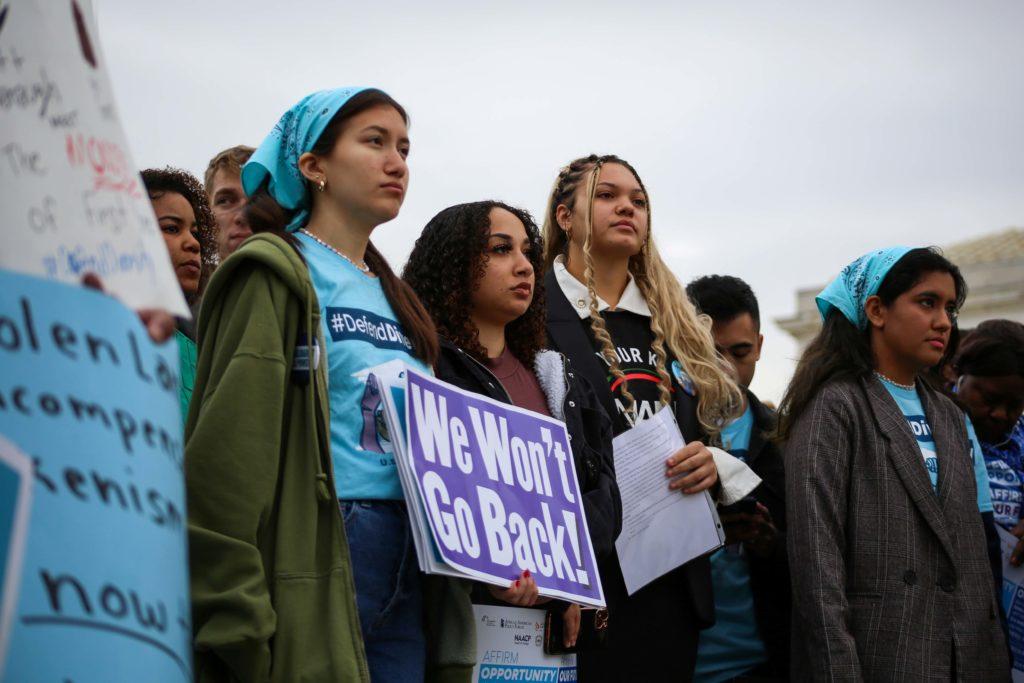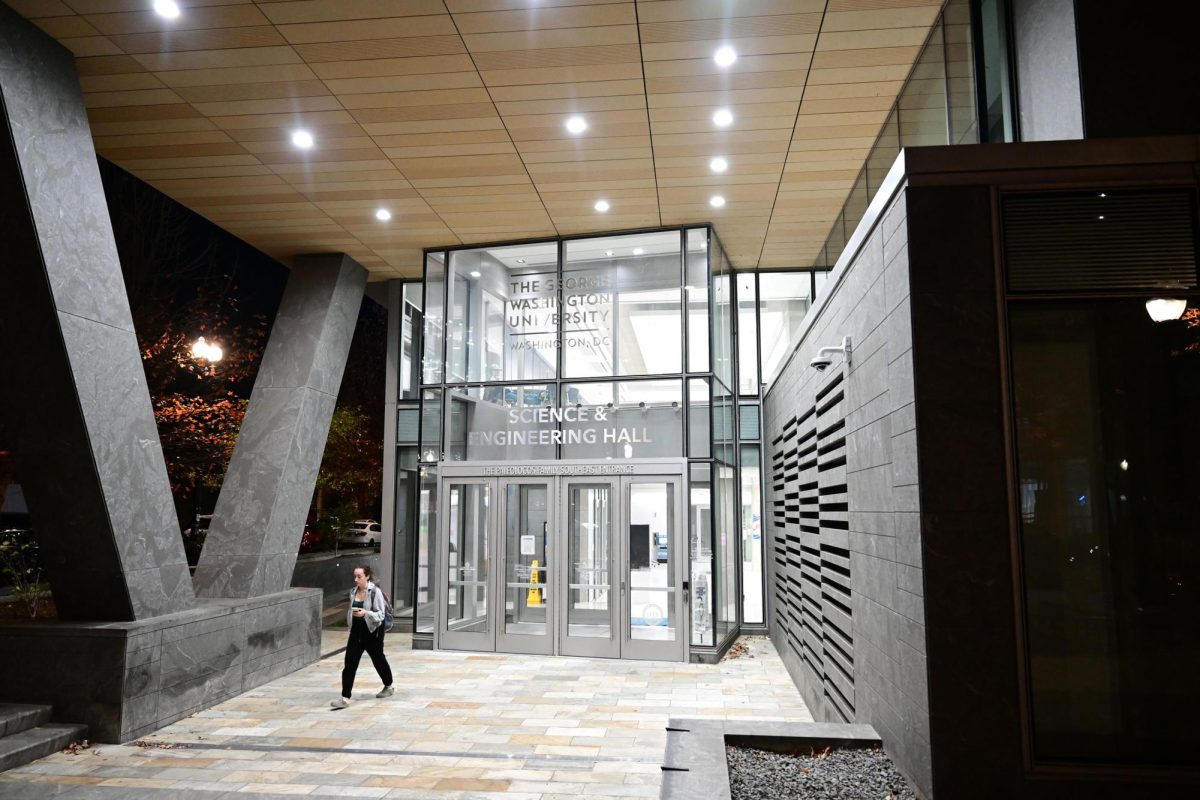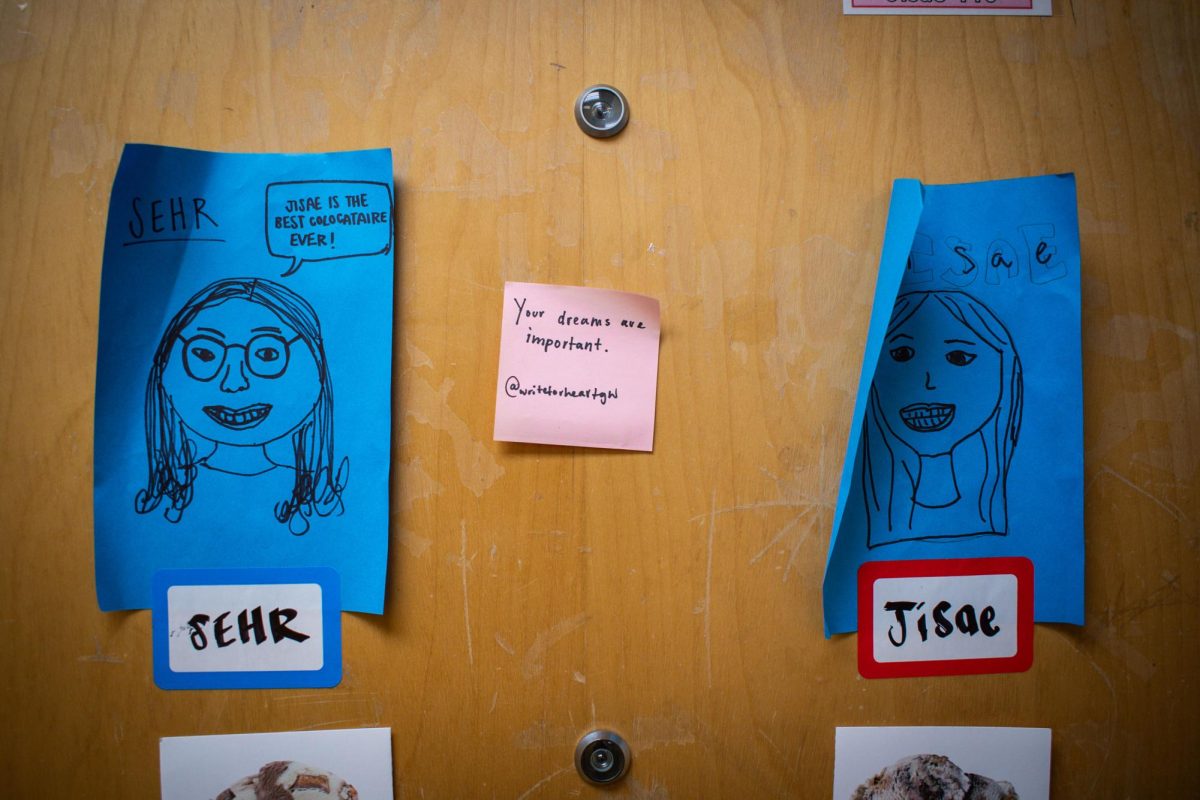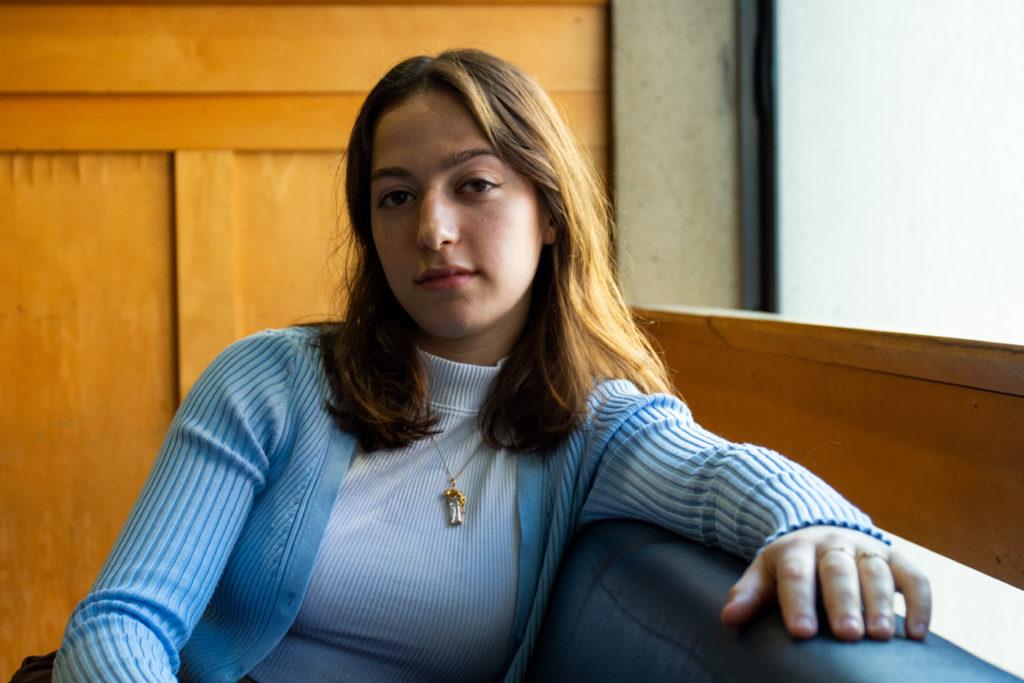Updated: Thursday, Nov. 3 at 11:46 a.m.
More than 100 protesters gathered in front of the Supreme Court Monday to rally in support of affirmative action as the court heard arguments for two cases that will examine whether race should be a factor in college admissions.
The Supreme Court heard oral arguments on Monday over race-based admissions policies that are meant to foster diversity at Harvard University and the University of North Carolina in a five-hour session as the Court’s conservative majority appeared ready to strike down the processes. Protesters from Harvard, UNC and local universities came to voice their support for affirmative action policies Monday during the hearings.
Damon Hewitt, the president and executive director of the Lawyers Committee for Civil Rights Under Law, said while the idea of colorblindness in college admissions is “nice,” race plays a huge part in daily life for African Americans in modern-day America. He said racial identity should matter for college admissions because it matters for job applications and for voting.
“They’re trying to tell us that race doesn’t matter because, look, it would be nice to have a colorblind society,” he said. “But until the words emblazoned on the frieze atop the U.S. Supreme Court Building equal justice under law are real for everyone, they’re not real for any of us.”
Protestors set up a stage near the steps of the Supreme Court, where activists called on the Supreme Court to uphold the precedent of Grutter v. Bollinger, which held that favoring “underrepresented minority groups” in college admissions does not violate the Fourteenth Amendment.
[gwh_image id=”1173838″ credit=”Jennifer Igbonoba | Photographer” align=”none” size=”embedded-img”][/gwh_image]
Andrea Senteno, the regional counsel for the Mexican American Legal Defense and Educational Fund, said the case the Supreme Court was hearing was “hugely important to the Latino community.” She said affirmative action has helped the Latino community make economic progress and increase enrollment in higher education institutions.
“We are the largest racial or ethnic minority group in the country, we have been for almost two decades,” she said. “But Latinos continue to face discrimination and disparate treatment in education, including higher education.”
[gwh_image id=”1173839″ credit=”Jennifer Igbonoba | Photographer” align=”none” size=”embedded-img”][/gwh_image]
Deaven Rector, a second-year student at Howard University’s School of Law, said he attended the protest to support affirmative action on behalf of Howard’s Education Law Society. He said household income determines how well students do on standardized tests, and African American households often lack the resources for tutors to perform better on these tests.
He said affirmative action “makes it easier for everyone.”
“Most of us are first-generation, second-generation college graduates,” he said. “I’m a first-generation college graduate, first-generation lawyer.”
Faith Williams, a GW alumna, said she attended the protest with the National Council of Jewish Women “in solidarity with students.” She said she hoped the Supreme Court would listen to oral arguments with open minds.
“We are longtime supporters of affirmative action and partners of a lot of the amazing groups you’re hearing from this morning,” she said. “So that’s why we’re here.”
This post has been updated to correct the following:
A previous version of this story incorrectly spelled Andrea Senteno’s last name. Her name is now spelled correctly. We regret this error.








